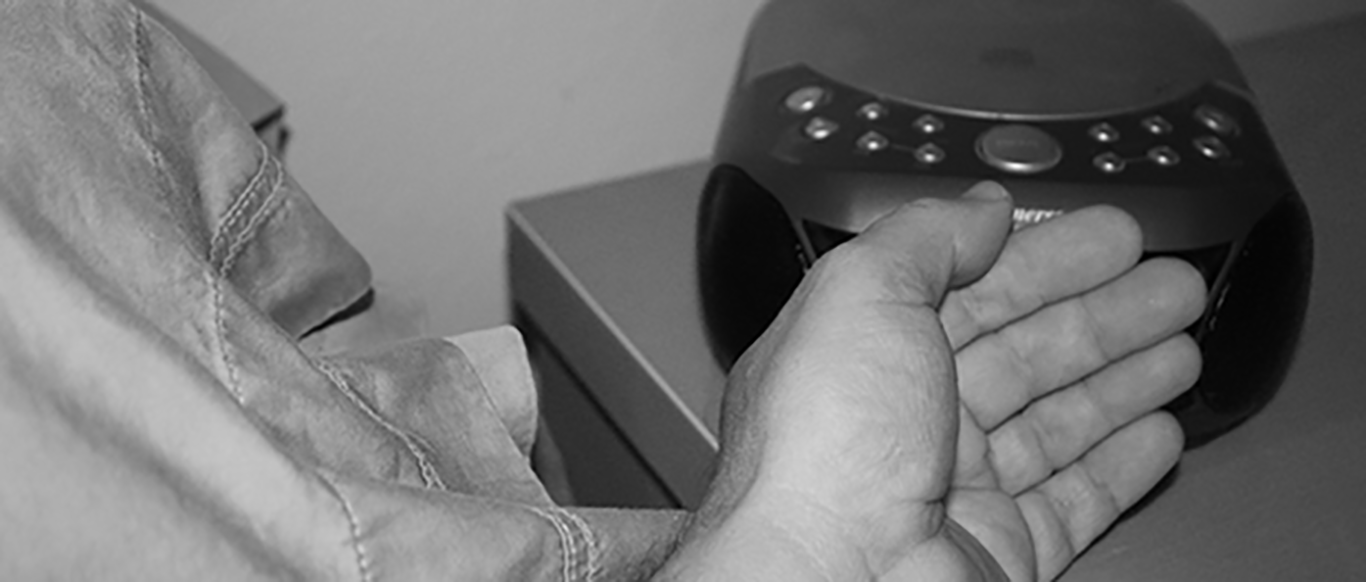I fall into bed exhausted every night. I tell myself that tomorrow will be better – less hectic, less traumatic. Tomorrow, I will have time to return urgent phone calls and e-mails, write essential letters, fill out necessary forms, and pay pressing bills. Our latest big project is almost finished, then I will have time to work on those nagging little projects on the back burner and have time to catch up at home.
“Yes,” I murmur to my stress-stupored mind every night as my body sinks into momentary oblivion, “tomorrow will be better.”
And when tomorrow comes, I will confidently cling to that hope.
A client and I briefly discussed our mutual expectation that we would have more time to talk later. Of course, we played phone tag for several weeks, and our entire phone conversation, when we finally got to it, lasted less than ten minutes. Then, we began the “catch-me-if-you-can” game again for our next interaction.
Millions of our fellow Americans are similarly optimistic. Clients who have yet to pay their invoices offer numerous apologies – “We are in the middle of a huge project,” “I’ve had a stack of mail three feet high,” “I’ve been on vacation,” or “My sister died unexpectedly.” They all promised better timeliness in the future because “things will settle down soon.”
I understand completely. In my full-time work, I often live with the hope of a less stressful tomorrow. I often tell my wife, “If we can just make it through this weekend, things won’t be as crazy next week.”
I said that the week we set up our new computer system, the weeks I trained new staff members, the weeks we had big meetings, the weeks I led retreats and trips, the weeks of our seasonal events.
I said the same thing when church members and personal family members died on the same day in different parts of the country.
I said that the weekend I married a young couple, christened a baby, buried an older adult and an infant, attended all the accompanying dinners, parties, and wakes, plus taught Sunday School, preached, sang, and attempted to lead a Sunday night church meeting where I was the designated soccer ball on a turf of warring congregational factions.
I remember clinging to that hope one particular Christmas. I expected things would settle down after the special services, the family get-togethers in three locations across two states, and the special holiday wedding of a beautiful young lady in our congregation.
Then, our car was stolen right out of our driveway while we were at church next door.
All of a sudden we belonged to a club of more than 400 families in our area whose cars were stolen over a six-month period by a ring of juvenile thieves led by a young man who was so good at his craft that the police made a training video of him in action after his capture.
“Well, the new year will bring relief,” I assured myself and my family.
Yet, one week after the Christmas wedding, the twenty-two year old bride and groom were in a car accident, and she died after a very intense life-and-death struggle. I preached her funeral from the very spot I officiated her wedding three weeks earlier. It was an intense journey that I was both sad, and privileged, to share.
Even so, in the midst of that crisis, another church member died, the seasonal organizational activities related to a year’s end and year’s beginning continued, and my family, work, and community commitments and duties that generally demanded my attention marched forward relentlessly. Needless to say, sleep was elusive.
Ironically, my frequent forays with life and death, joy and sorrow, celebration and crisis, have fostered my resilient optimism. I want to hug my kids longer, hold my wife tighter, and love others better.
And, when I have more time tomorrow, I will.
Sometimes, I am tempted to blame my busy life on my job. But, home is a busy place too.
Everything I own either needs cleaning, fixing, or replacing. In one particular week and a half, I worked on our van, the car, the mower, three bicycles, a helmet, the fence gate, the front door, the wood floor in the foyer, the living room carpet, the dishwasher, the icemaker, a bed, the shower head and door, two computers, a printer, the VCR, and a yo-yo.
I also replaced batteries and light bulbs, cleaned up broken glass, sprayed inside for bugs, sprinkled outside for fire ants, killed several dangerous insects during emergency bug-combat missions, mowed and fertilized my lawn, whacked bushes and sprayed weeds, fixed my mother’s broken porch swing, my grandmother’s tree swing, and helped my in-laws burn their back ditch – and, at that time – none of us lived in the same city or even the same state.
I keep thinking that one weekend, sometime, the planets will align and everything will be clean and working properly. Then I will get to sit down and kick my feet up. Then I remember that the recliner the needs fixing, too.
I have lived long enough now to realize that my optimism is not in vain.
Certainly, my harried life is inexplicably intertwined with millions of others. Together, our lives unfold daily – according to plan, serendipitously, even tragically.
But, this is life, and I might as well get used to it.
Hopefully, I can daily find joy and satisfaction in the mundane moments, as well as the monumental ones. Then tonight, when I fall into bed exhausted again, I can comfort myself with this hope, “Tomorrow will be even better.”

Published in Meat and Potatoes for the Soul, Copyright © 2013 by K. Lynn Lewis.




